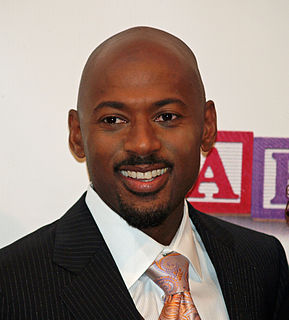A Quote by Madison Keys
If you're not in my immediate circle, you're not someone whose opinion I value.
Related Quotes
I think testing films are a great tool. And I think showing them to people that you value their opinion is important, but once you give over to what reviewers think, that's tricky. You don't know what their agenda is; it's so subjective. You have got to make sure you are asking someone's opinion who you know.
Who were my mentors in poetry and literature? This is a matter of opinion. Some see in my books the influences of authors whose names, in my ignorance, I have not even heard, while others see the influences of poets whose names I have heard but whose writings I have not read. And what is my opinion? From whom did I receive nurture? Not every man remembers the name of the cow which supplied him with each drop of milk he has drunk.
Having a book is somewhat like having a baby, as many woman writers have observed before me: the conception, the long preparation, the wait, the growing heaviness (not of body in this case but of the spirit and the manuscript) toward the end, the initial delight at the sight of the product, fully formed and seemingly perfect, and then the usual postpartum depression. What will people whose opinion I care about, and those whose views I don't value but have weight in the world of reader, think of it?
We clasp the hands of those who go before us, and the hands of those who come after us; we enter the little circle of each other's arms, and the larger circle of lovers whose hands are joined in a dance, and the larger circle of all creatures, passing in and out of life, who move also in a dance, to a music so subtle and vast that no ear hears it except in fragments.
To really be known and really let someone else be known is very vulnerable. It's a weird thing. Just being an actress in Hollywood is very vulnerable. To let all these other people decide whether you're really of value or not, you have to really be strong to know that, of course, they have a right to their opinion, but their opinion doesn't matter as far as yourself.






































